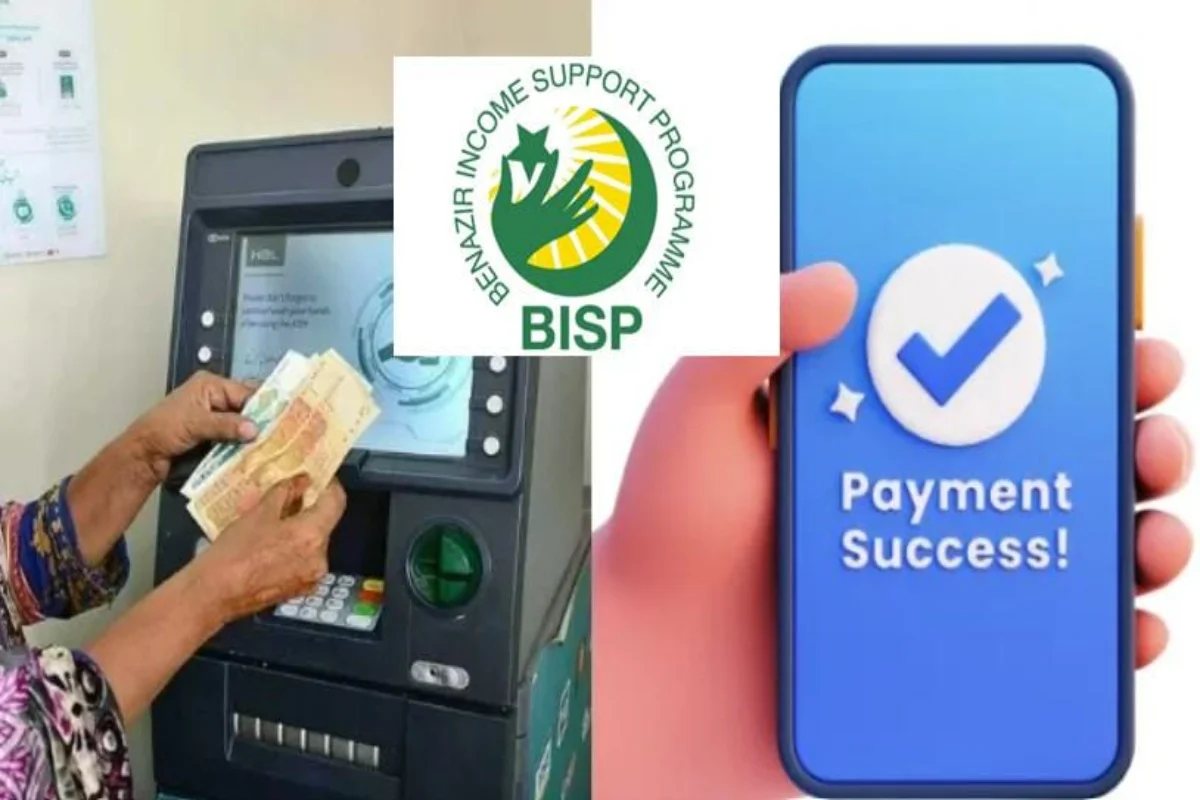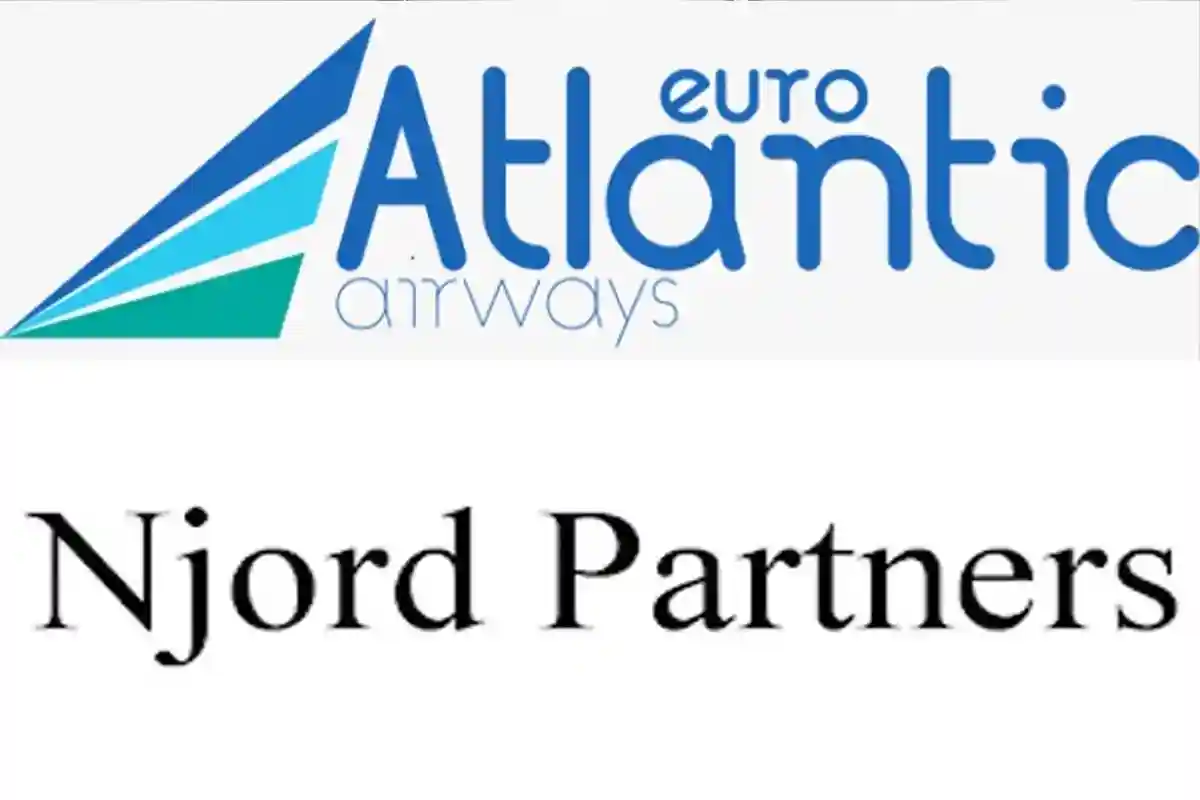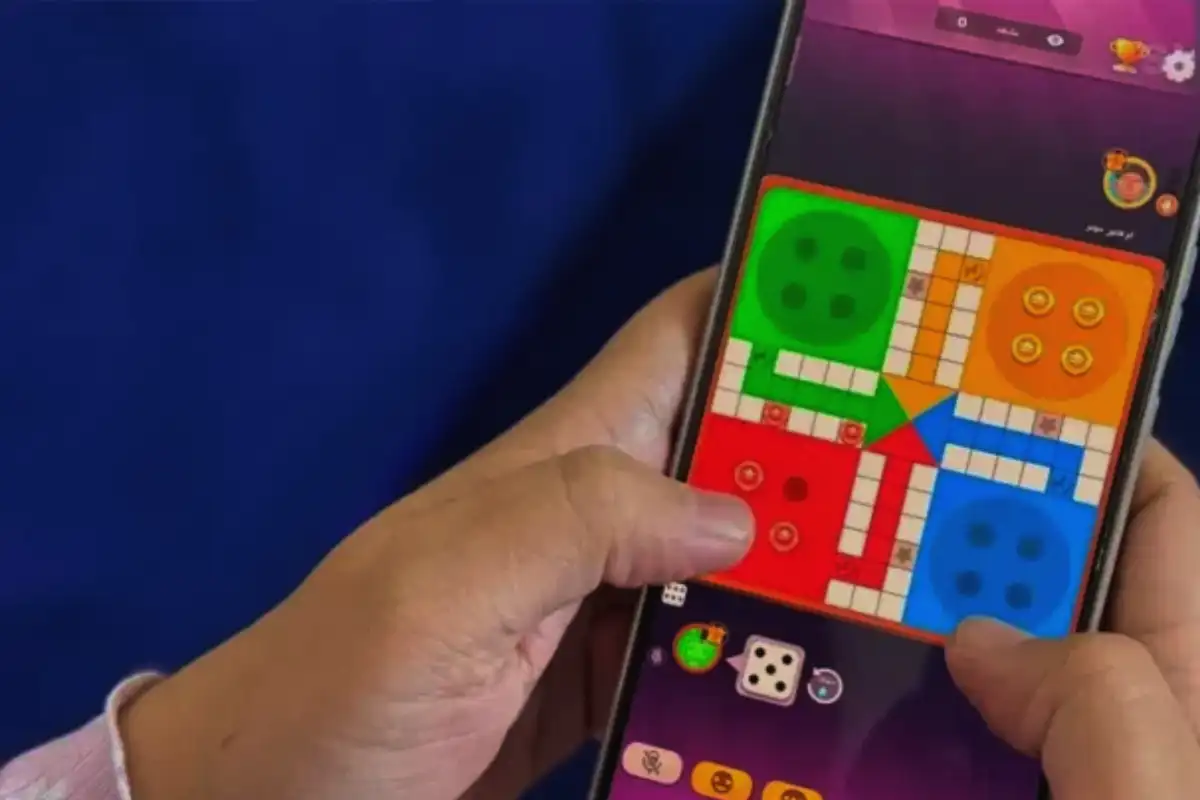BISP launches digital wallets for 10 million families

BISP launches 2026 registration for payments, 8171 SMS update
The Benazir Income Support Programme (BISP) has always been a lifeline for poor families in Pakistan. For years, it gave women cash to buy food, pay school fees, and run their homes. Now, in 2025, BISP has taken a big step by introducing 10 million digital wallets for its beneficiaries.
This move is not just about technology. It is about giving women more control, reducing corruption, and making payments faster and safer. At the same time, the government is also planning a smart exit strategy, so families can prepare for the future if the program ever ends.
From Cash to Digital
When BISP started in 2008, women were given cash directly. But this system had many problems like long queues, illegal cuts by agents, and corruption. Later, BISP introduced debit cards and bank accounts.
Now, digital wallets are the next big step. With these wallets, women can receive money instantly on their phones, without middlemen.
What is a BISP Digital Wallet?
A digital wallet works like a small bank account on a mobile phone. It lets women store, send, or withdraw money easily. Each wallet is:
Linked to CNIC for security.
Verified by fingerprints or face scan.
Connected to a free SIM card given by BISP.
This means women no longer need to wait in long lines. They can manage their money from their phone or nearby digital agents.
Why It Matters
The digital wallet system brings many benefits:
Quick access to payments.
Transparency, with no chance of illegal cuts.
Safety, since women don’t have to carry cash.
Empowerment, as women control their own money.
Inclusion in the digital economy.
It’s not just money—it’s about dignity and independence.
How It Works
The rollout is being handled by the State Bank, IT Ministry, banks, and mobile companies. The process includes:
Registration with CNIC at BISP centers.
Biometric verification.
Wallet activation.
Free SIM card distribution.
Direct transfer of money.
Cities like Hyderabad, Sukkur, and Rahim Yar Khan have already started this process.
Linking Aid with Conditions
Some payments may come with conditions. For example:
Children must attend school.
Families should complete health checkups.
This way, BISP helps improve both education and health in poor households.
Challenges Ahead
There are still hurdles to overcome:
Many women in villages are not used to mobile wallets.
Internet and mobile signals are weak in remote areas.
Fingerprint machines sometimes don’t work.
BISP is working with banks and mobile companies to train women and fix these issues.
Exit Strategy for the Future
The government wants families to be ready if BISP ends one day. The exit plan includes:
Slowly reducing payments.
Encouraging savings through wallets.
Offering skills training for income.
Informing beneficiaries in advance about changes.
This ensures families don’t fall back into poverty suddenly.
A New Beginning for Women
For many women in small villages, having a digital wallet means more than money. It gives them confidence and freedom. Now, they can pay school fees, buy groceries, and save for emergencies without asking anyone for help.
The BISP digital wallet is not just about financial aid—it is about building independence, dignity, and a stronger future for millions of women in Pakistan.
Read More: Train services suspended from Quetta due to floods
Catch all the Trending News, Breaking News Event and Trending News Updates on GTV News
Join Our Whatsapp Channel GTV Whatsapp Official Channel to get the Daily News Update & Follow us on Google News.














